Former Finance Minister Sebastian Vladescu and Mircea Geoana's brother-in-law Mircea Ionut Costea will be released from prison after a panel of judges led by the head of the Supreme Court, Lia Savonea, ruled on Tuesday that the crimes for which the two had been convicted have reached the statute of limitations.
Sebastian Vladescu had been handed a final custodial sentence of 7 years and 4 months for bribery, and Mircea Ionut Costea was serving a 6-year sentence for complicity in bribery, in a case related to a EUR 20 million bribe received from the Austrian company Swietelsky for the rehabilitation of the Bucharest - Constanta railway, agerpres reports.
The panel of judges made up of Lia Savonea, Lucia Tatiana Rog, Adrian Gluga, Gheorghe-Valentin Chitidean, and Lavinia Valeria Lefterache upheld an extraordinary remedy - the appeal to the Supreme Court.
"Today's rulings by which Sebastian Vladescu and Mircea Ionut Costea were released following the finding that their criminal liability has reached the statute of limitations are a consequence of the enforcement of Ruling No. 50/2025 of the Constitutional Court, which reaffirms the principle according to which the criminal procedural law must respect the right to defense, equal opportunities and effective access to Justice. At the same time, it clearly states that procedural changes do not affect civil liability or existing patrimonial measures. Courts are required to enforce the law and the Constitution, even when the effects may be perceived as unpopular. It is important to emphasize that the CCR ruling affects only the criminal aspect of the cases concerned, while the civil obligations and the confiscation measures ordered remain in place, so that the public interest in providing redress for the damage incurred is ensured. Thus, defendants Sebastian Vladescu and Mircea Ionut Costea are required to pay: RON 3,990,248 and EUR 65,000 in damages imposed on Sebastian Vladescu, plus the special confiscation of the amount of EUR 2,177,000 from the same defendant; RON 3,121,328 and EUR 1,919,900 in damages imposed on Mircea Ionut Costea. At the same time, the precautionary measures instituted up to the limit of the confiscated amounts were maintained, resulting in the civil measures ordered totaling RON 7,111,577 and EUR 4,161,900," the spokesperson of the Supreme Court, Victor Alistar announced.
Sebastian Vladescu has been in prison since May 2023, while Mircea Geoana's brother-in-law spent only four months behind bars. He left Romania before the sentence was pronounced, and was caught and brought back from Turkey in June of this year.
Essentially, in his appeal to the Cassation Court, the former Finance minister argued that the crime for which he was convicted (bribery) had become statute-barred. In this case, a decision adopted in January by a panel of the High Court of Cassation and Justice of which Lia Savonea was also a member, was applied, which established that in the case of the crime of bribery, the statute of limitations shall run from the date of the bribery claim, and not from the date of the actual receipt of the money or of the last installment.
Sebastian Vladescu - among others, a former senior official at the Finance Ministry, and Mircea Ionut Costea - former director of Eximbank, were sent to trial in November 2019, along with former deputy Cristian Boureanu and Constantin Dascalu - a former Secretary of state at the Ministry of Transport. The latter two were acquitted by the courts.
In a separate case, businessman Josef Hornegger, a representative of the Austrian consortium Swietelsky - Wiebe - Takenaka, was sent to trial, and he admitted to bribing several Romanian officials, including Sebastian Vladescu.
Hornegger entered into a plea agreement with the National Anti-Corruption Directorate (DNA) and was handed a suspended sentence of three years in prison and ordered to pay EUR 1.1 million in damages.
According to the DNA, the case concerns corruption crimes committed between 2005 and 2017, specifically payments worth approximately EUR 20 million by a foreign company as grease money to Romanian officials in connection with the conclusion and execution of railway rehabilitation contracts.

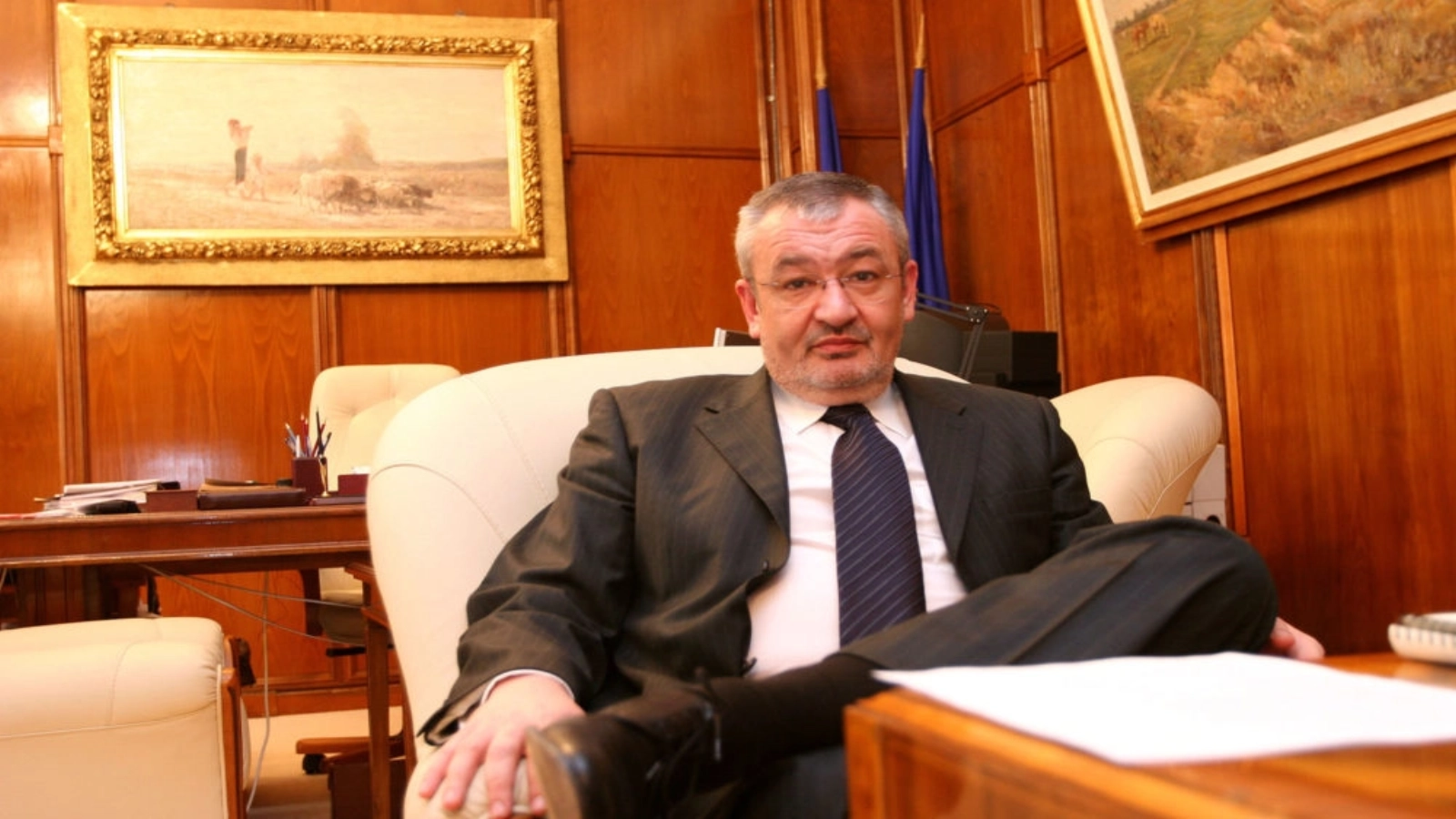








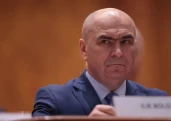
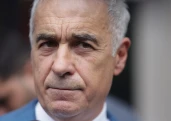
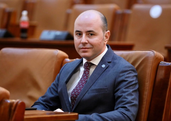




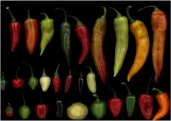


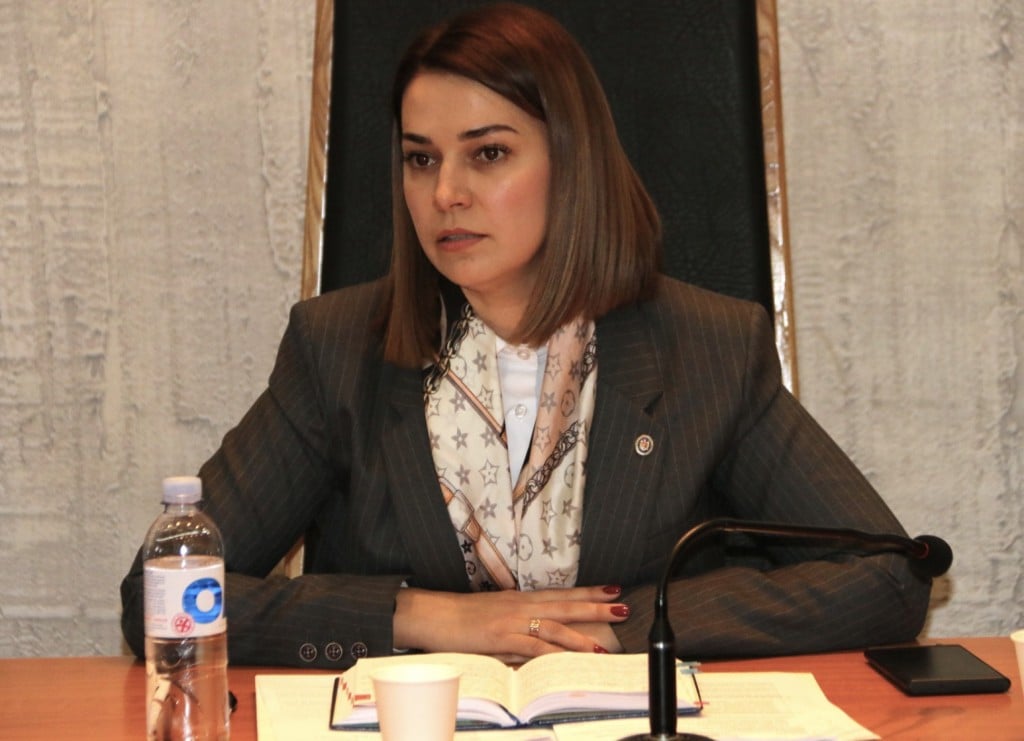
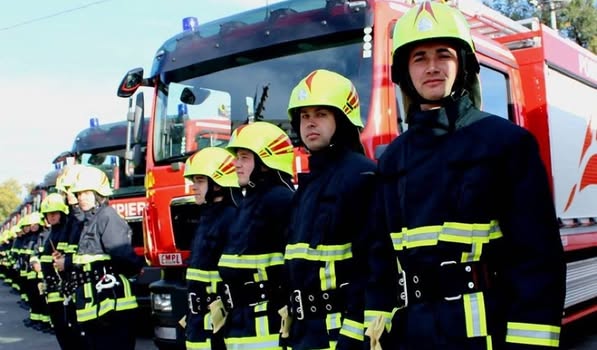
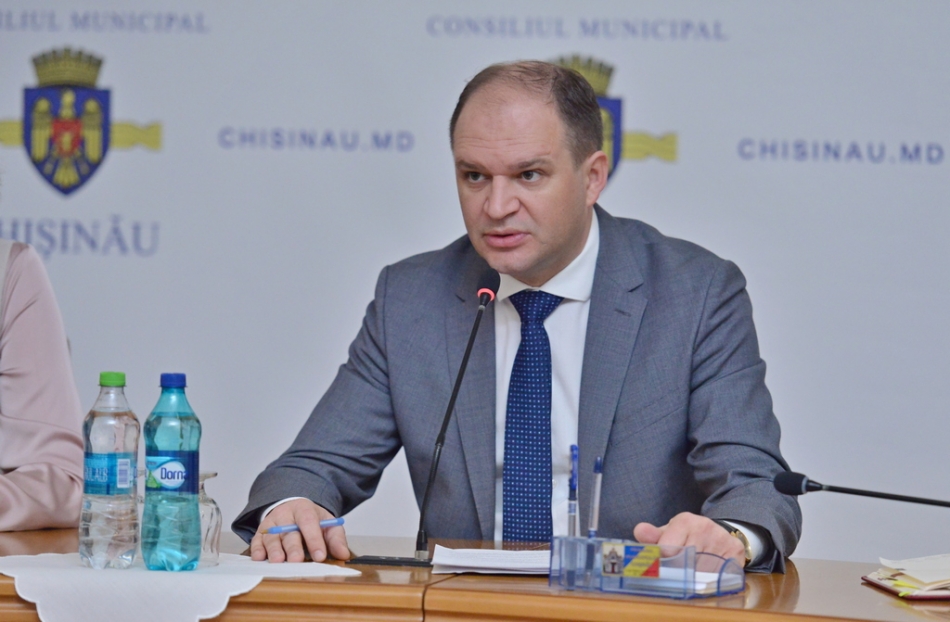









Comentează